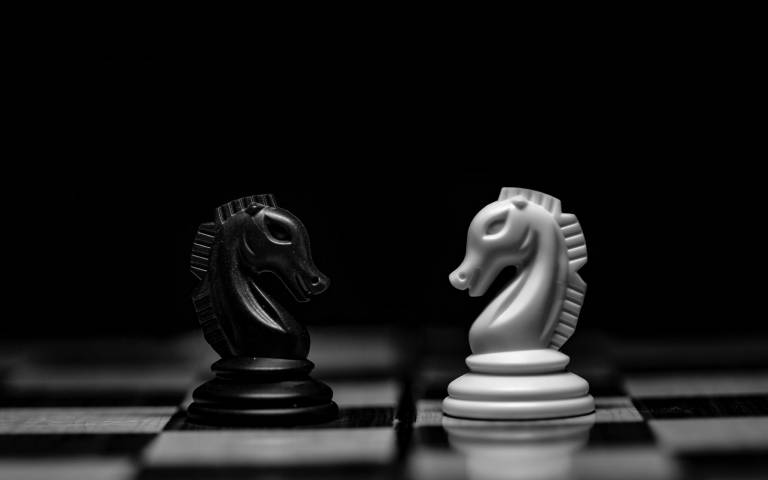If nothing is impossible, then would it be possible for something to be impossible?
Great question!

15 February 2022
To get started, consider two claims:
(1) nothing is impossible.
(2) everything is possible.
Really, claims (1) and (2) are saying the same thing. (If that’s not immediately obvious to you, consider a similar pair of claims, like “no question was unanswered” and “every question was answered”; you should be able to see that these claims hold in exactly the same situations.)
Ok: (1) and (2) come to the same thing. So, if (1) holds, then certainly (2) holds too. Spelling this out:
(3) if nothing is impossible, then (certainly) everything is possible.
Or, to put it another way:
(1) if nothing is impossible, then (certainly) there is not something which is impossible.
Maybe that answers your question!
I’m hesitating, though, because I used the word “certainly” in my answer, and your question asked about what “would be possible”. Depending on what you had in mind, these notions might come apart. In particular, maybe you are asking whether we should accept that:
(4) if everything is possible, then necessarily everything is possible.
which is slightly different from (3). We’ve dealt with (3), so let’s focus on (4).
It turns out that it’s really hard to asses claims like (4). This is because claims about what’s (im)possible often depend upon the notion of possibility you have in mind. In a mundane sense, it’s impossible to travel from London to New York in less than a minute: no plane can fly fast enough. But in another sense, it’s perfectly possible: someone with superpowers could do it, and it’s surely logically possible to have superpowers (even if it's very unlikely, and maybe even physically impossible).
This suggests that different notions of possibility might affect whether (4) is true or false. Indeed, it suggests a game: come up with different notions of possibility, and see how they affect (4).
I’ll leave it to you, to come up with a notion of possibility, which makes (4) true. But it’s not obvious how you might come up with a notion of possibility where (4) is true; so, let me help with that.

When people playing Chess, they sometimes speak in terms of (im)possibility: they say things like “white can’t win from here”. Spelled out fully, they mean something like: “from this position, there is no way for white to place the black king in checkmate, whilst following the rules of Chess”. So, in Chess, talk about (im)possibility just means something about which board-positions which can(not) now be reached.
Of course, at the start of the game, nothing has happened. So (in the Chess sense):
(5) everything is possible
However, if I move a pawn forward, then the rules of Chess prevent me from ever moving it back to where it was. This means that many positions, which were once possible (i.e. reachable from where I was), have now become impossible (unreachable from where I am).
So, at the start of the game, it is possible to reach a position where not every (legal) position is reachable. So: at the start of the game, it’s right to say (in the Chess sense):
(6) it’s possible that not everything is possible.
But if you put (5) and (6) together, you have to deny (4)!
 Close
Close


